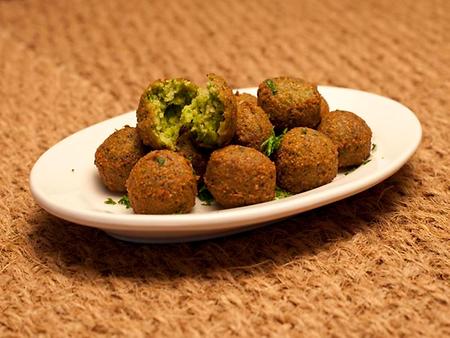Egypt#
Egypt has one of the longest histories of any modern country, arising in the tenth millennium BC as one of the world's first nation states.
Considered a cradle of civilisation, Ancient Egypt experienced some of the earliest developments of writing, agriculture, urbanisation, organised religion and central government.
The large regions of the Sahara desert, which constitute most of Egypt's territory, are sparsely inhabited.
About half of Egypt's residents live in urban areas, with most spread across the densely populated centres of greater Cairo, Alexandria and other major cities in the Nile Delta.
Its economy is one of the largest and most diversified in the Middle East, with sectors such as tourism, agriculture, industry and services at almost equal production levels.
- Egypt has largest boundary with Sudan which is approximately 1273 km.
- Egypt has shortest boundary with Gaza Strip which is approximately 11 km.
- The largest river in Egypt is Nile which is 6650 km.
- The largest export partner of Egypt is Italy.
- The largest import partner of Egypt is China.
- There are 55 seaports in Egypt.
Tourist Attraction#
A lion with the face of a pharaoh, the 4,500-year-old Sphinx stands guard at Giza.National Facts#
- The national bird of Egypt is Golden eagle.
- Lotus is the national flower of Egypt.
- The national dance of Egypt is Raqs sharqi.
- The popular street food of Egypt is falafel.

References#
- Text marked as italic is taken from https://en.wikipedia.org/wiki/Egypt.